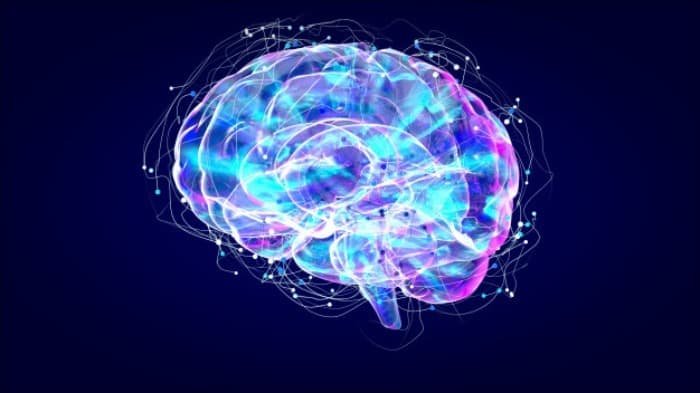The effect of seasons on the brain and body.
Did you know that you might feel good in one season but not in another? In fact, mental performance can change across different seasons. Studies indicate that as we enter a new season, our minds respond to the changes happening around us, which can be positive at times and less so at others.
You’ve likely experienced these inner feelings and know what we’re talking about. In this section of.SelMagz.We plan to discuss the seasonal fluctuations that affect mental states.
The direction and angle of the Earth relative to the Sun influence everything, including our behavior and personality. There are also seasonal disorders or.depressions.These seasonal affective disorders can bring changes to the human brain and affect their mood, which has been scientifically proven.
This is why various treatments exist, including light therapy, where individuals stand before a mirror to let direct light shine on them, boosting feelings of vitality and joy. This treatment is usually performed in winter when everything is dark, leading to feelings of sadness.

In which season does the brain work best?
Typically, winter is associated with depression and mental disorders. Concentration, attention, and memory can be weaker during winter; many people rely more on antidepressants during this time. Despite all these factors, it can be concluded that weather and seasons have different impacts on the brain and human mood.
Different seasons can also affect your physical health. For example, winter can increase the risk of cardiovascular issues and autoimmune disorders. Temperature changes, even in the morning and evening, can alter individuals’ nervous systems and disrupt their mental patterns.
Spring.
Spring is the season when flowers bloom, leaves grow, and everything takes on a fresh look. Spring represents the rebirth of nature. During this season, life feels good; nature changes, and the mind also undergoes changes. Days become longer, the weather gets warmer, and we become more active.
If you spend spring outside, you will definitely feel better. Vitamin D levels increase with sunlight exposure.The sunlight acts like ultraviolet solar energy, energizing you. It improves your mood, and exercising in warmer, sunnier weather boosts endorphins, enhancing your sense of well-being.Summer.

While spring may lift your spirits, summer feels like an atomic bomb of joy. Summer has the longest days and the hottest weather, which signals your inner clock to feel happy and go outside.
The brain is more active during this time because of the brighter weather, making your mind more engaged. Summer vibrations can evoke a pleasant feeling.
Testosterone.Men and.women’s hormones.Peak during the summer, particularly in early July.Although summer is not the season of rainbows and showers, there are many distractions that can hinder our focus and make us feel lazy. However, this isn’t necessarily a bad thing; deeper research shows that summer’s learning and memory processes tend to be at their lowest.
Warm weather in summer might drain your energy, usually during late summer, because the heat can overwhelm the mind, making it less active.
Autumn.

Nothing is more beautiful than cool autumn evenings. Autumn is charming with stunning colors! The likelihood of wanting to sleep more in autumn increases. This isn’t necessarily bad, as it can improve the quality and depth of your sleep.
Although longer sleep doesn’t always mean better sleep. Because autumn days are shorter and sunlight exposure decreases, deeper sleep can occur.
Autumn isn’t just for napping. At the end of summer and the transition into autumn, your body gains a fresh lease on life as temperatures cool down, resulting in improved physical and mental performance. Therefore, autumn is better for enhancing memory, patience, and problem-solving abilities.
Winter.

Some individuals suffer from winter depression or seasonal affective disorder in winter. Although winter is not the favorite season for many, it can bring about feelings of depression. This is why people look forward to year-end holidays, as they seek relief from the cold, bitter air, wanting freshness and renewal.
In winter, the body and mind respond biologically to changes in light, which is part of our internal clock that signals when we feel.
sleepy.and when we wake up.Temperature-regulating hormones, metabolism, and mood also undergo changes. Studies indicate that serotonin release decreases in winter. Serotonin is a hormone that helps regulate well-being and feelings of happiness.Research shows that mental performance can actually be better in winter, as the body aims to be more effective during this season, focusing on essential and precise tasks, which usually work better economically.The impact of seasons on the brain.
Brain and mind performance in different seasons.
The mood in spring.







